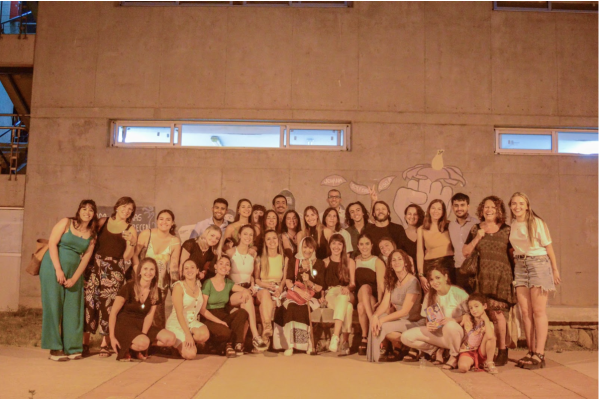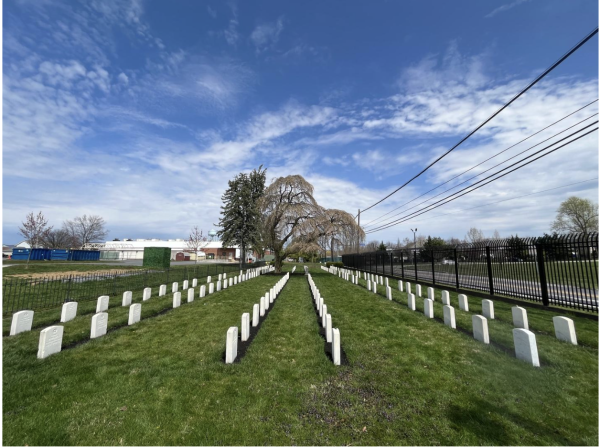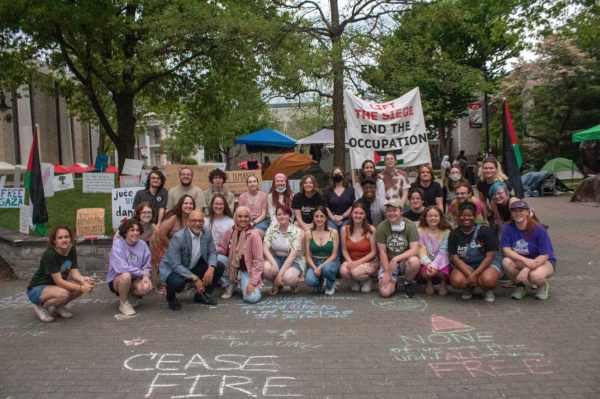A Global Perspective on Black History Month
At 5 p.m. on Tuesday, Feb. 16 Boston College History Professor Burleigh Hendrickson gave a talk entitled “Youth Protest in the Francophone World From the 1960s to Today” in Weiss. 17 students and faculty were in attendance at the event, which was one of several events as part of Dickinson’s program line-up honoring Black History Month. The French Club and the French Department sponsored the talk.
The talk was in part an introduction to Hendrickson’s scholarly research that highlights activism in several African countries, especially Dakar and Tunisia, as part of his mission is to “globalize our understanding of this period.”
His discussion of activism highlights the protests in African countries before and after May 1968, a period of intense civil unrest in France.
“These activists are historical actors who played a significant role, but didn’t make it into the grand narrative of our textbooks,” Hendrickson said.
Hendrickson mentioned how he has observed parallels in the student activism today to the 1960s and 70s. “You can see a resonance [in those events] with what students are demanding today on university campuses,” said Hendrickson. Observing today’s activism, Hendrickson has noticed many similar themes to the activism of the past, and says some previous generations of activists may question, “Have we not progressed anywhere from where we were in the 60s?”
In terms of technology, Hendrickson also points out how activism today has taken on “many new forms, both good and bad.” In one Boston College protest, Hendrickson noticed how social media allowed students to organize on a large and public scale, but how it also allowed for an anonymous “racist free for all.”
Referencing the Why We Wear Black Movement, Hendrickson said he noticed the faculty and staff at Dickinson seem particularly “receptive” to student activism, as opposed to other colleges he has observed. He says he is “curious to see what direction they take, what they become.”
Vincent Stephens, director of the Popel Shaw Center for Race and Ethnicity (PSC), sais he was excited for the talk, particularly because “this is about young people radicalizing, which perfectly fits in with the theme [of the other events lined-up for Black History Month].”
Stephens appreciates being able to “stick with one theme [for the month] and having students be engaged… and to think about activism.” He adds that he has been “happy with the quality” of student attendees to the Black History Month’s lineup of events. He adds that not only can students attend interesting events, but for many of the events, particularly the three-part film series, students “have an opportunity to discuss and have a conversation with faculty members.”
Other upcoming programs sponsored by the PSC for Black History Month include the Hair Journals Luncheon on Feb. 20 and Spoken Word Poetry by Elizabeth Acevedo on Feb. 21. Find more information about these events at http://www.dickinson.edu/news/article/1953/black_history_month_at_a_glance.





